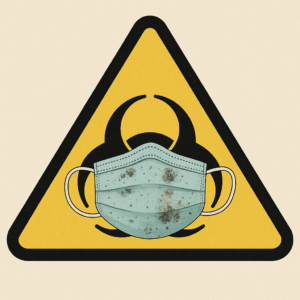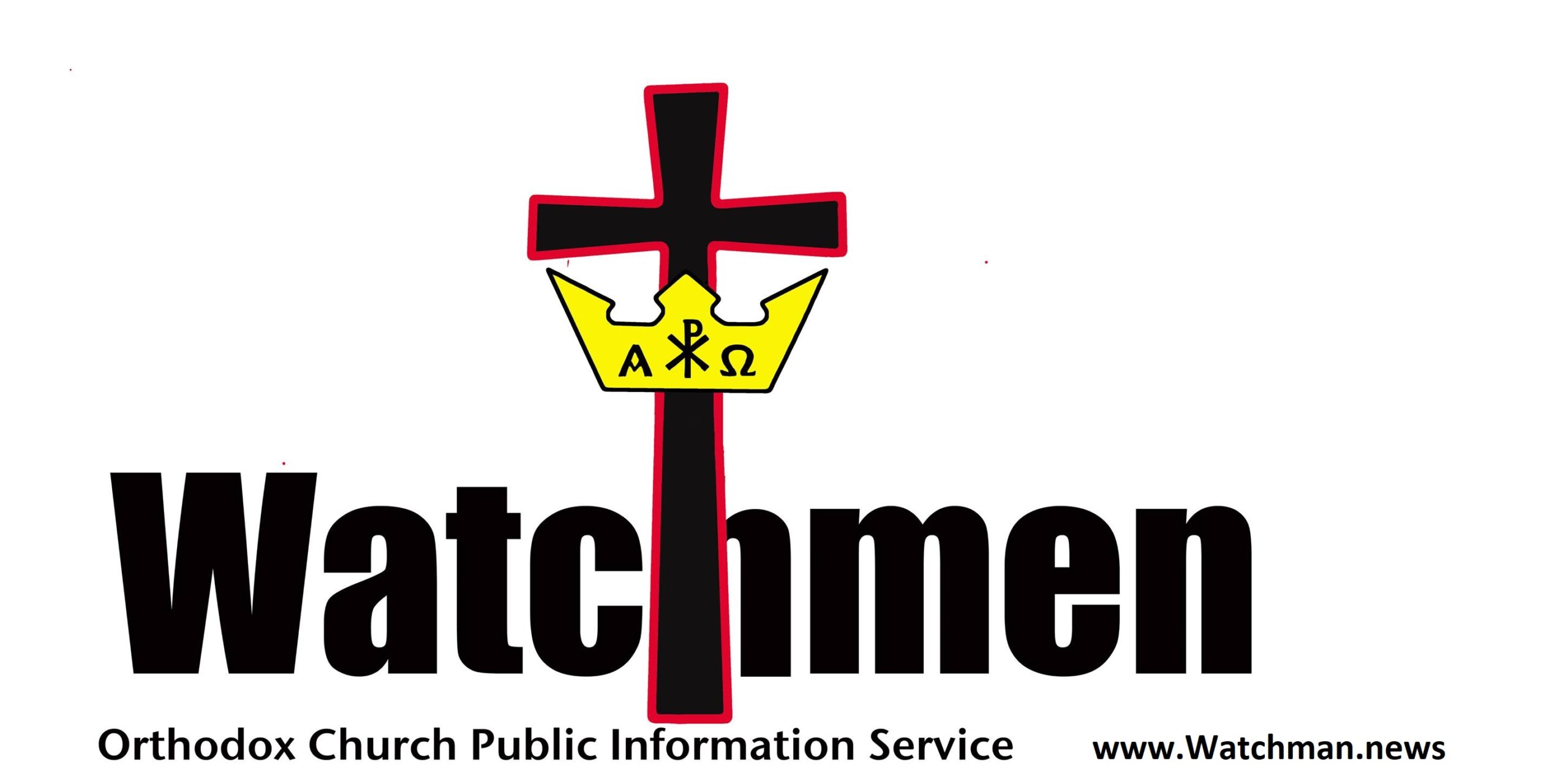🛑 The Hidden Hazards of Improper Mask Use
Protecting Health Means Using Masks Responsibly
Download and Print this in Pamphlet form: The Hidden Hazards of Improper Mask Use.pdf
🔴 The Danger of Reusing Dirty Masks
-
Most people never wash or replace their masks.
-
Bacteria, mold spores, and other pathogens thrive in the warm, moist environment of reused masks — creating a breeding ground for illness.
-
Prolonged wear accelerates contamination and mold growth.
-
Long-term exposure to mold has been linked to chronic respiratory problems and even permanent lung damage.
-
Dirty masks become a source of infection, not a barrier to it.
⚠️ A Threat to Vulnerable People
-
Elderly, immunocompromised, and individuals with chronic lung conditions are especially at risk.
-
Daily exposure in close-contact environments — like offices or care facilities — can introduce:
-
Tuberculosis bacteria
-
Mold spores
-
Resistant staph bacteria
-
Parasites and protozoa
-
✅ How Professionals Use Masks
-
In surgical and clinical settings, masks are:
-
Single-use only
-
Worn for short, controlled procedures
-
Discarded immediately after exposure
-
-
Proper usage includes:
-
Hair nets, sterile gloves, und disinfection protocols
-
-
Medical masks are worn primarily to protect open wounds from contamination, not to filter airborne particles in general space.
🚫 Misuse May Be Worse Than No Mask
-
No medical authority recommends:
-
Wearing masks all day, every day
-
Reusing disposable masks or cloth ones without washing
-
Wearing masks in cars, at home, or when alone
-
-
Dirty masks foster bacterial and mold overgrowth, which increases your risk of respiratory infections.
-
EIN 2020 Danish randomized controlled trial (Bundgaard et al., Annals of Internal Medicine) found no statistically significant protection from SARS-CoV-2 transmission in people who wore masks versus those who did not.
“The recommendation to wear a surgical mask… did not reduce the SARS-CoV-2 infection rate among wearers by more than 50%… in a community with modest infection rates.”
(Annals of Internal Medicine, Nov. 2020)
-
Casual, prolonged use — especially with unwashed or reused masks — becomes more of a symbolic gesture than a scientific safeguard.
🚗 Examples of Common Misuse
-
Wearing the same disposable or cloth mask for multiple days or weeks
-
Keeping a mask on for hours — in the car, outdoors, oder when alone
-
Touching the mask frequently, then touching door handles, keyboards, food, etc.
-
Pulling it down to eat or speak — then pulling it back up again — spreading bacteria inside and out
📌 A Call to Reason and Responsibility
-
Health is not upheld by symbols, but by clean, rational practice.
-
If you choose to wear a mask:
-
Replace or wash it daily
-
Discard it if it’s damp, soiled, or frayed
-
Avoid touching the surface of the mask
-
Stay home if you are sick — masking is not a substitute for isolation
-
“Better to breathe clean air than recycled bacteria.”


